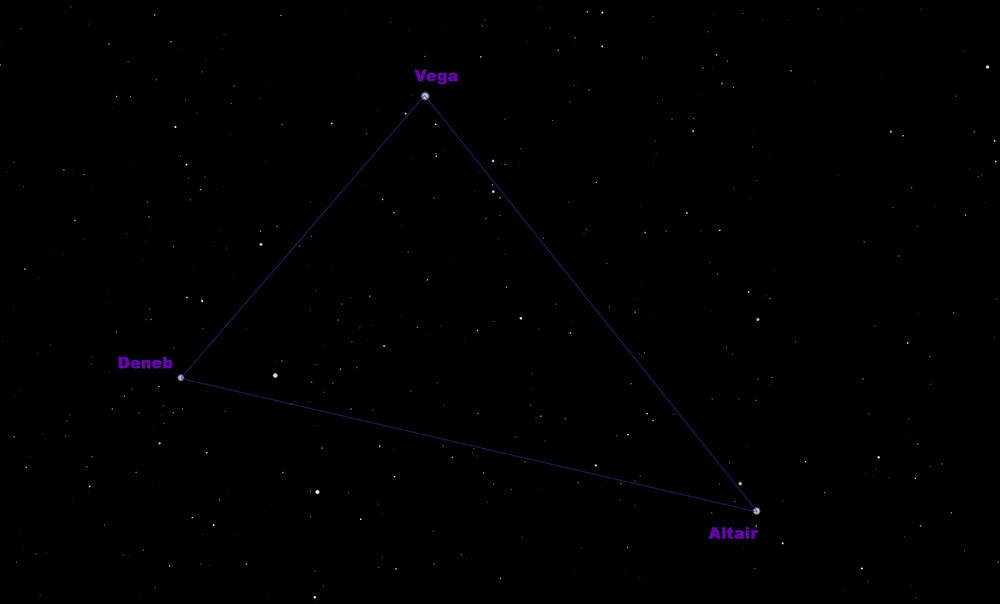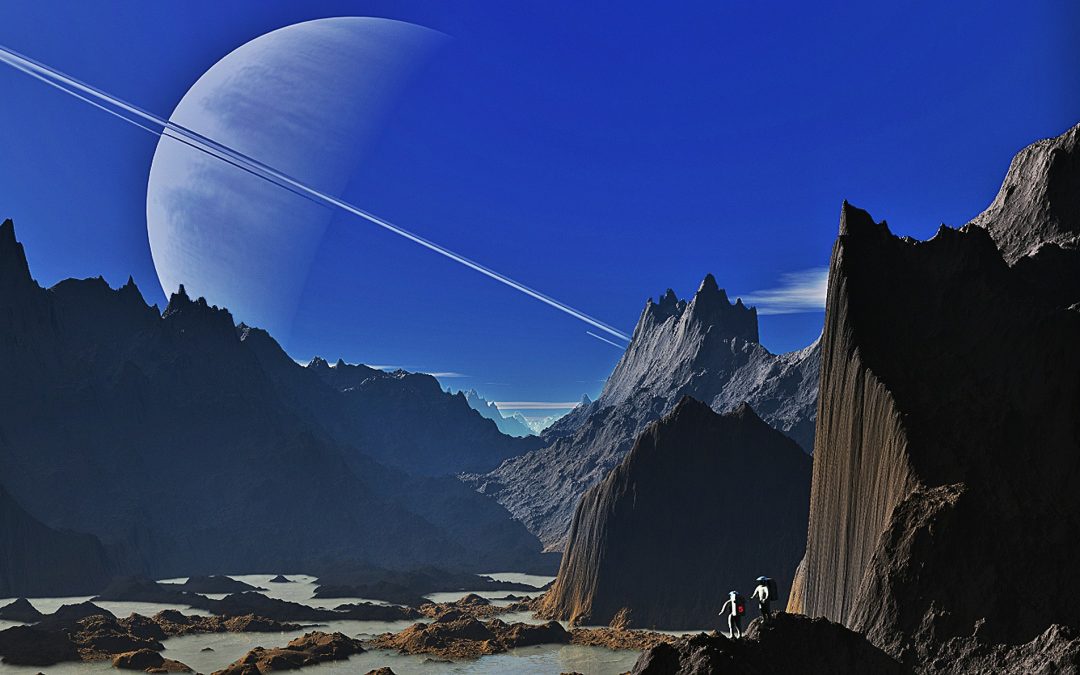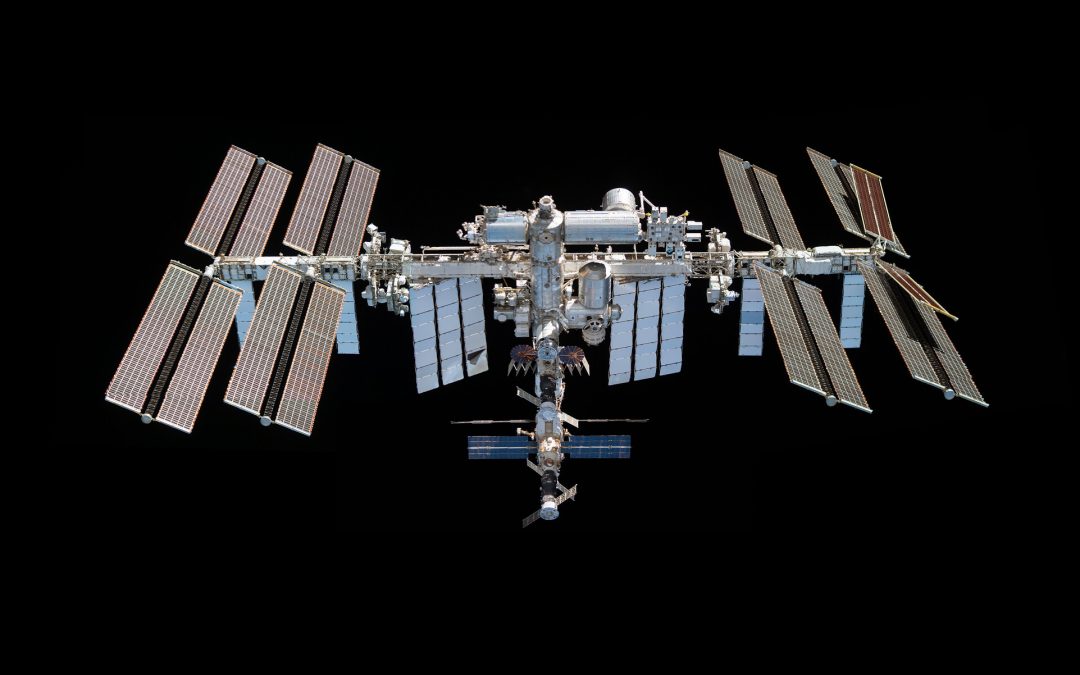Summer is officially, astronomically here. And for folks in the Northern Hemisphere, that means it’s the perfect time to head outside and see what’s happening in the sky. Today we’ll give you a good list of things to keep an eye out for, with or without a telescop…












